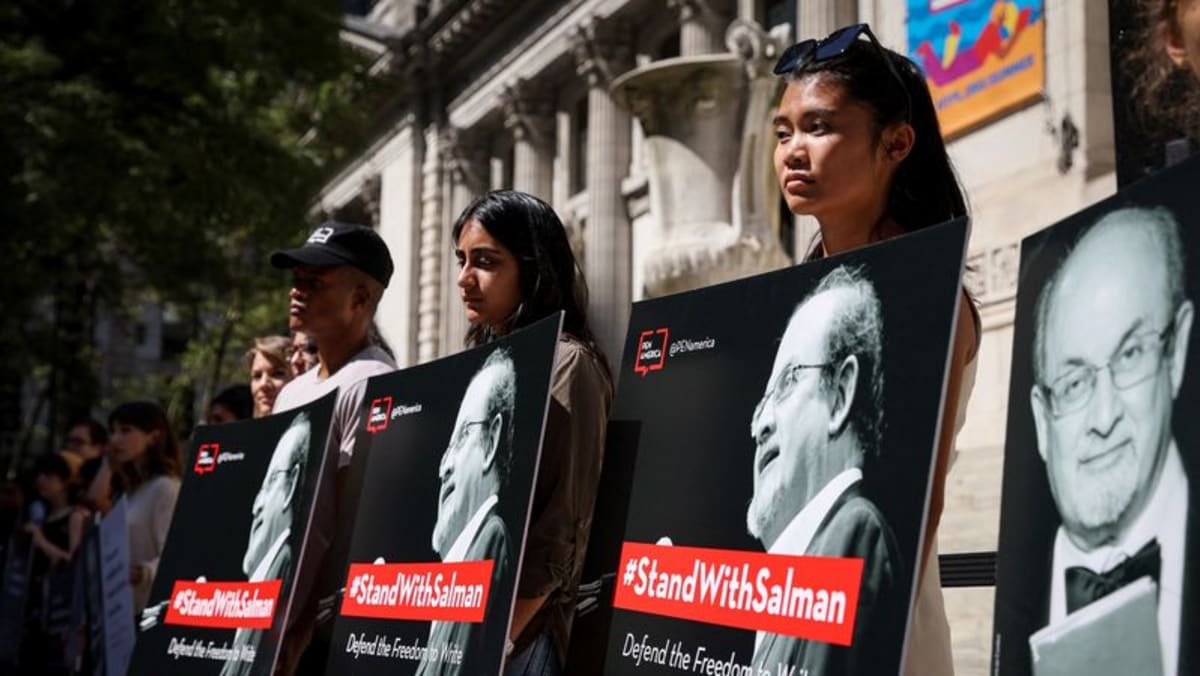
Singapore office rents are set to hit pre-pandemic levels for the first time since the start of the Covid-19 crisis, as Chinese companies lead a rush to expand operations in the city-state.
The return of workers to the office this year, coupled with lockdowns in China and restrictions in Hong Kong that have forced foreign companies to consider alternative locations, pushed rents for prime office space in the city centre to S$10.74 (US$7.71) per square foot in the second quarter, according to real estate group JLL.
Rents rose 2.7 per cent compared with the previous quarter, meaning landlords in the Asian financial hub have enjoyed five consecutive quarters of growth, according to the data.
“Our forecast is that it will hit S$11 by the end of the year and rise another 25 per cent by 2026,” said Regina Lim, head of strategic advisory for JLL’s Asian capital markets business.
Rising rents have benefited Singapore’s developers and office tower owners. Shares in GuocoLand, the developer of Guoco Midtown, a new development in the city centre due to be finished this year, have risen 7 per cent year to date. Guoco Midtown has secured leases for 30 per cent of the property, agents said. The share prices of other listed real estate investment trusts with a focus on the office sector, including CapitaLand Integrated Commercial Trust and Suntec Reit, have risen this year off the back of higher incomes and signing rents for their Singapore offices.
The second-quarter numbers were just 0.6 per cent short of the S$10.81 per sq ft recorded at the end of 2019, with the Singapore market outperforming rival Asian financial centres including Hong Kong and Tokyo.
Chinese fast fashion group Shein signed a lease in the first quarter of this year, and the company’s founder and a number of staff moved to Singapore and took prime office space in Marina Bay Financial Centre.
Chinese internet group Alibaba bought a stake in a central office tower in 2020 to house its international headquarters. Plans to redevelop the building into what could become the city’s tallest skyscraper were approved last month.
Rival Chinese technology companies ByteDance and Tencent have also explored further expansion in Singapore, according to two people with knowledge of the companies’ plans.
Singapore has long been a desirable location for foreign companies to establish Asian headquarters because of its low tax rates, strong rule of law and geopolitical neutrality.
The city-state has become even more attractive during the pandemic, as lockdowns in mainland cities and severe restrictions in Hong Kong prompted companies to open offices, said Calvin Yeo, head of office advisory for Knight Frank Singapore.
Sanctions and geopolitical tensions between the US and China have made Singapore’s neutral position more prized.
“If it continues like this we will see even more,” Yeo added.
US technology group Amazon has expanded in the city-state this year, as have US asset manager BlackRock and a number of its European counterparts.
The interest has filtered through to real estate investments. Commercial real estate deals hit a record in the June quarter, jumping 74 per cent to $5.6bn, according to data from MSCI.
Singapore is seen as a more resilient haven compared with other gateway cities in the region, according to Benjamin Chow, who leads MSCI’s research on Asian commercial real estate.
But experts warned that the worsening global growth outlook and inflation could put a ceiling on Singapore’s rental growth. Technology companies, which have dominated leasing deals in the city-state, have suffered steep devaluations this year and announced job cuts.
“For the first half of this year there was definitely a strong sense that corporates wanted to grow here, but with the recent correction I would be a little more cautious about aggressive expansion,” Lim said.
https://news.google.com/__i/rss/rd/articles/CBMiP2h0dHBzOi8vd3d3LmZ0LmNvbS9jb250ZW50L2RkMzdmOGUzLTk2OWQtNGZjZC1iZTUzLWEwYjRhMDNiY2U5ZtIBAA?oc=5
2022-08-22 04:38:45Z
CAIiEAHL5znqA1JXJWGl5GbO0uUqFwgEKg8IACoHCAow-4fWBzD4z0gwwtp6

